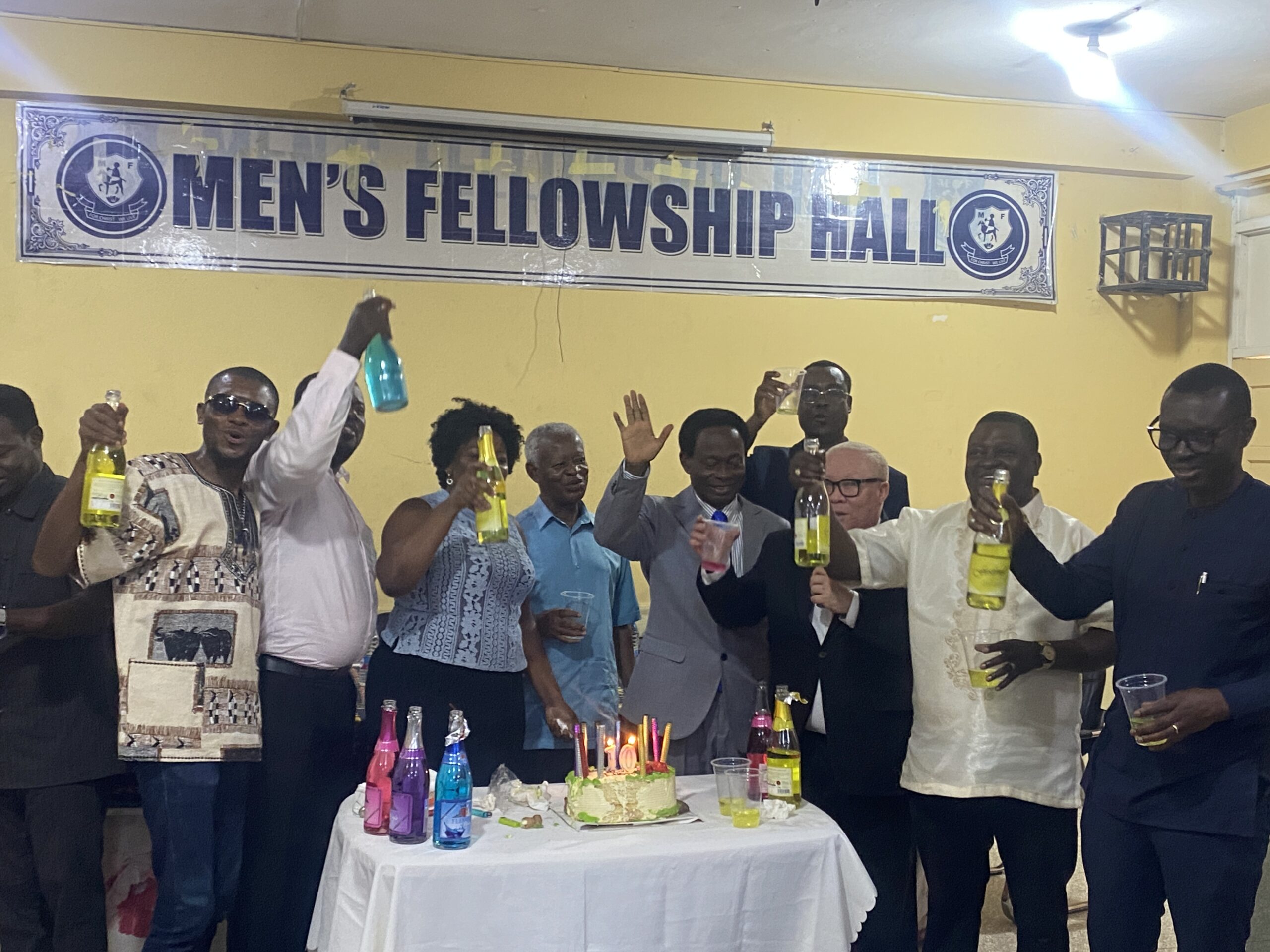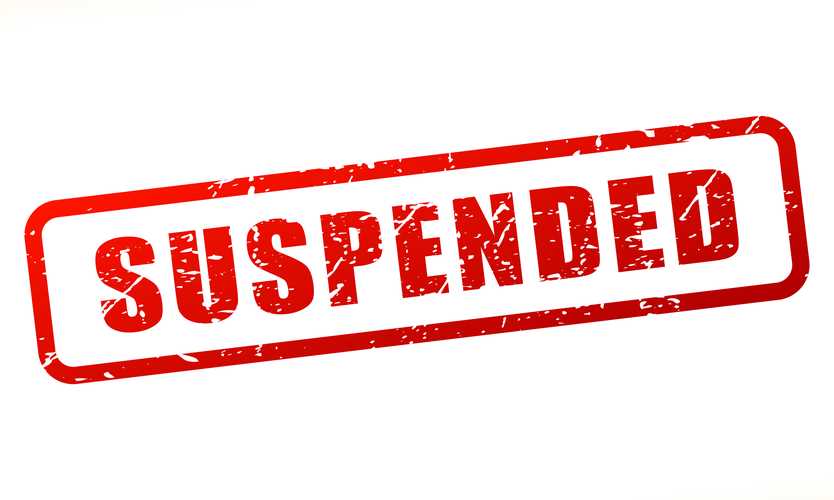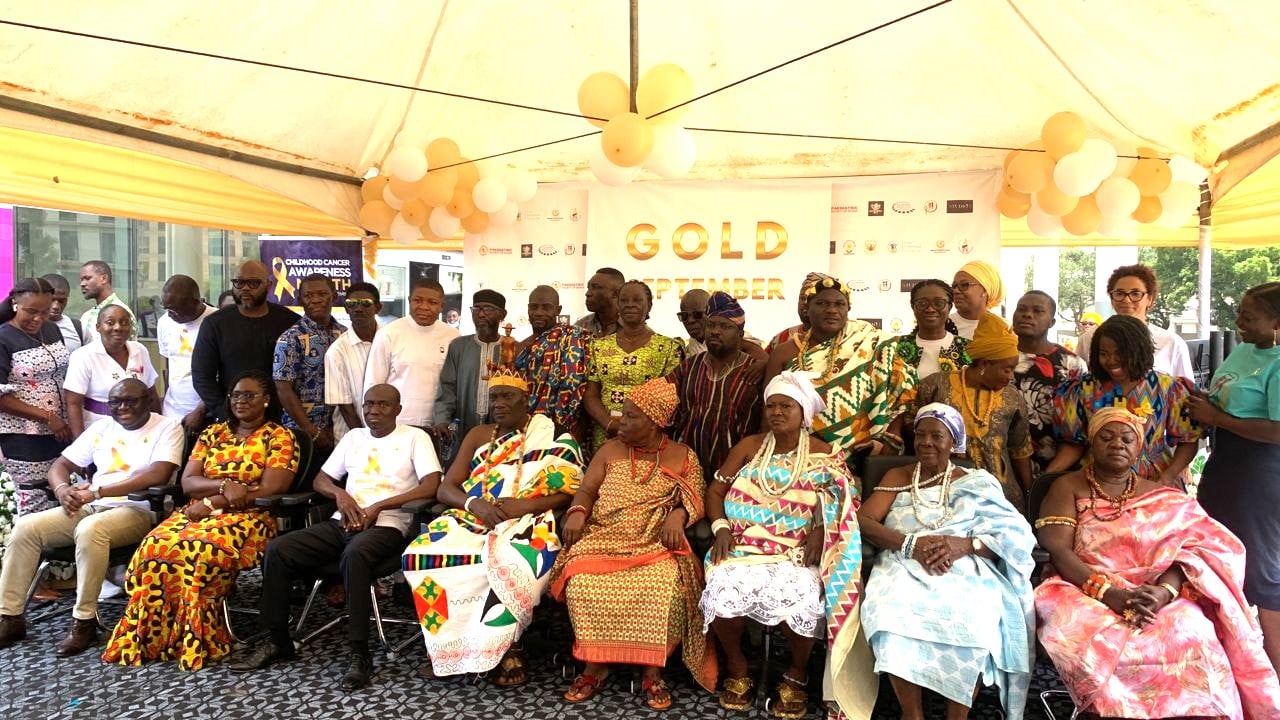
…in the MultiChoice pricing saga
By Julius Odoi AMESIMEKU,
On August 1, 2025, Minister for Communication, Digital Technology and Innovations, Samuel Nartey George publicly called for MultiChoice Ghana to lower DStv subscription prices by 30% by August 7, threatening to suspend its broadcasting license if they failed to comply.
He criticized the pricing as unjust, pointing out that Ghanaians pay approximately US$83 for the premium package, whereas Nigerians only pay US$29 for the same service. He dismissed claims related to the depreciation of the cedi, branding the price difference as “outright theft” from consumers in Ghana.
On August 3, MultiChoice formally responded, rejecting the proposed 30% reduction as “not feasible,” citing the difficult macroeconomic conditions in Ghana and the necessity to preserve quality of service and consumer options.
They highlighted their over 30 years of presence in Ghana and expressed concerns regarding the effects on their employees and partners if the ultimatum were enforced. MultiChoice offered an “alternative engagement option” and submitted proposals to both the Minister and the National Communications Authority (NCA).
Minister Sam George rejected MultiChoice’s proposal to freeze current prices while stopping revenue transfers to its headquarters as irrational. He pointed out discrepancies between the company’s actions in Ghana and its accountability in Nigeria, noting that it reversed price hikes in Nigeria due to pressure from the Nigerian parliament. He reiterated that “No company is above the law” and upheld his initial ultimatum.
As of September 3, the Minister set a new deadline of September 6, 2025, for MultiChoice to lower its fees or risk losing its license. At the Digital Africa Summit, he reaffirmed his call for fair pricing and highlighted outstanding payments owed by MultiChoice and penalties imposed by the NCA.
Is Sam George acting right?
Whether the Minister of Communication is “acting right” in the MultiChoice–DStv saga depends largely on perspective—consumer protection advocates may applaud his stance, while proponents of business sustainability could raise concerns.
That said, I think the minister, in all his public utterances, appears too overreaching and putting the cart before the horse. Being the sector minister with all these powers at his disposal, I expected him to defer the PR job to the NCA. His constant engagements on the matter is tantamount to usurping the powers and authority of the NCA, the rightful regulator of the space.
The Legal Position
The National Communication Act 2008 (Act 775), which regulates the activities of Multichoice in Ghana, has been clear on the approach to take in such situations.
The Act in section 3(1) gives the NCA the authority to license anybody who wishes to provide such an electronic communication service in Ghana. The Act also mandates the authority to regulate the sector to ensure compliance with the Act. The Act in section 6(1)(d) prohibits licensees from engaging in anti-competitive pricing and other related practices in order to lessen competition.
The evidence available and yet to be disproved/rebutted by Multichoice points to the fact that Multichoice is engaging in acts that amounts to a breach of the law. If that is the case, Act 775 prescribes the actions that NCA should take in such a situation. Section 25(2) empowers the NCA, in such situations, to establish a price regulating regime, especially when the entity is the sole provider of the service or is a Significant Market Player (SMP), as was the case in MTN after being declared SMP by NCA.
Furthermore, section 13 of the Act states the reasons for which a licence of an operator can be revoked, and these include failure by the licensee to comply with the Act and failure of the licensee to comply with a lawful direction of the Authority, NOT the Minister, which is the more reason why the minister needed to allow the NCA to lead the exercise.
Lastly, the Act outlines the actions that the NCA must take before revoking any operator’s license. Section 13(2) stipulates that before the Authority revokes a licence, it must give the licensee a 30-day notice; provide the licensee with the opportunity of a hearing; and lastly, it must allow the licensee to remedy whichever situation the Authority has complained of.
It is my considered view that Minister sidestepped all these legal requirements and in the first instance did not allow NCA to take MultiChoice through these requirements before coming out to announce and threaten MultiChoice with suspension of license. He went ahead and gave the pay TV operator an ultimatum before the NCA issued the 30-day suspension notice.
MultiChoice tactics and subsequent position
MultiChoice, on the other hand, knowing very well that the minister was sidestepping the legal procedure, refused to succumb. It is hesitant to see if the minister will carry out the threat. A situation that will provide a condition for MultiChoice to seek a remedy in court.
MultiChoice has, however, agreed to fully engage in a Stakeholder Committee, as per the Minister’s directive, to review DStv pricing. The company is committed to adhering to the committee’s decisions and complying with Ghanaian laws. The NCA confirmed that the inaugural meeting of this committee is scheduled for Monday, September 8, 2025.
It must be pointed out that we love the energy of the minister but he needs to give the NCA the opportunity to perform its mandate.
The writer is a Lecturer at Central University Faculty of Law
The post Is the minister sidestepping the law and usurping NCA? appeared first on The Business & Financial Times.
Read Full Story












Facebook
Twitter
Pinterest
Instagram
Google+
YouTube
LinkedIn
RSS